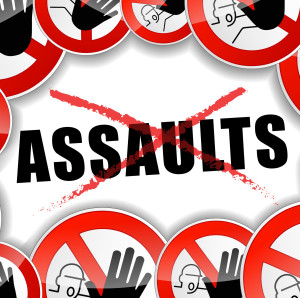
New findings published by the Minnesota Coalition Against Sexual Assault revealed that sexual assault victims in rural Minnesota lack access to competent medical care.
“Our current response is inconsistent and inadequate,” said Kari Ogrodowski, coordinator of the Medical Forensic Exam Access Project.
Findings from the MCASA suggest that medical professionals in rural areas lack the training necessary to administer physical sexual assault tests, and they often don’t direct victims to other sexual assault resources after the physical exam. These shortcomings can actually make the experience more traumatic, said Kasey Baker, who works at a crisis shelter in Willmar.
“The reality is that the current way in which exams are conducted in Minnesota can and have retraumatized victims,” Baker said.
Improving Sexual Assault Care
In the wake of the findings, the MCASA said more in-depth studies are needed to fix the current system in some rural areas, but they should use the Twin Cities as a model. Overall, treatment and follow-up services for sexual assault victims in larger areas like the Twin Cities and Rochester are better, because those areas can staff more personnel and the staff have more experience working with victims, giving them a better grip of how to best handle the situation.
Other areas aren’t so lucky. According to Ogrodowski, Winona County only had one nurse who was fully trained and versed in sexual assault victim care, and she was on call 24 hours a day, every day of the week.
“That woman, understandably, left her position,” Ogrodowski said. “We see that pretty much throughout rural Minnesota.”
So while it may not be possible to train multiple nurses in every small town, one solution that has been proposed is to train a pool of nurses that can travel to neighboring communities to ensure victims get the care they need and deserve. A similar system is already in place in Two Harbors, which can borrow nurses from the Duluth area when needed.
Sexual assaults are horrendous crimes, and many women are afraid to report the incident to the police or a hospital. We need to do a better job of helping victims feels safe so that they aren’t afraid to report the incident, and part of the onus falls on those who assist the victim in the wake of the assault. We need to do a better job of protecting the victims, and it starts by ensuring they get the right care and have access to follow-up services they need after a sexual assault. Hopefully these findings by the MCASA help spur change.





